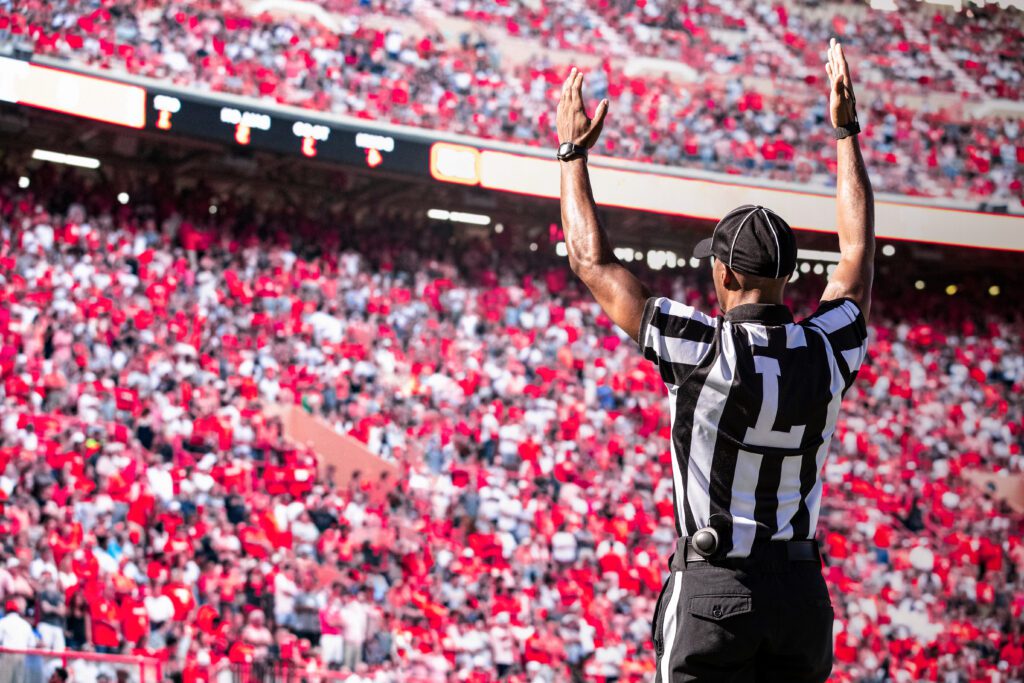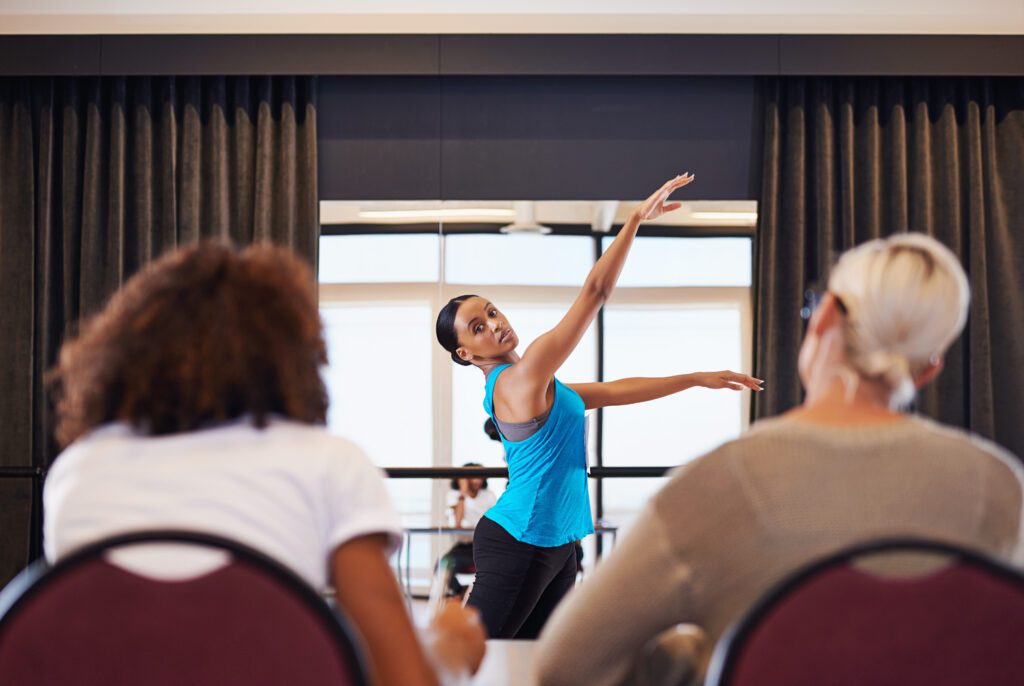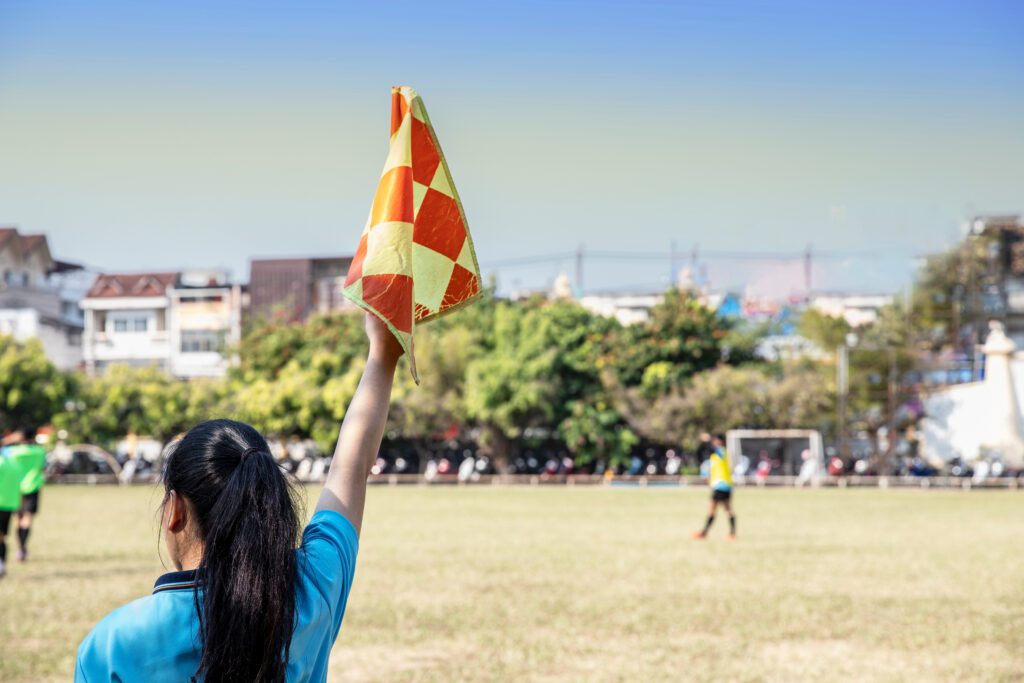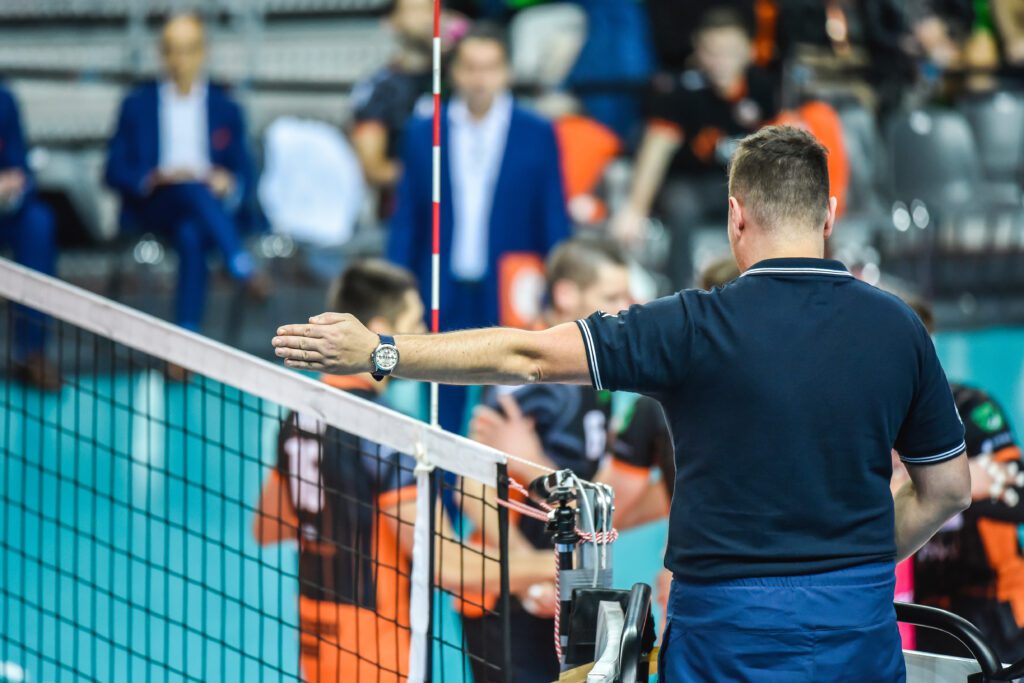
The moment the final whistle blows, most eyes are on the players. But behind every fair call and safe play stands someone often overlooked: the official.
On April 17, 2025, National Officials Day offered an important opportunity to recognize the dedication and passion of officials, referees, and judges who play a pivotal role in the world of sport. As the former CEO of SIRC, I was fortunate to attend an event hosted by the Ottawa Sport Council at City Hall, where we came together to celebrate these essential contributors to our sporting community.
Sport is not just about the players on the field; it’s about the entire ecosystem that allows the game to unfold. Officials are the backbone of that system, ensuring that the rules are followed, fairness prevails, and safety is prioritized. Without them, sport simply wouldn’t function. As Ottawa Mayor Mark Sutcliffe emphasized in his pledge, communities must commit to supporting officials at all levels, acknowledging their unwavering dedication to the growth and success of sport.
A personal journey into officiating
As a sport leader, I am deeply aware of the challenges facing many sports, including the critical shortage of officials. This issue became especially apparent to us at SIRC during our focus groups for the upcoming Canadian Sport Policy. The trend is not unique to Canada; research has shown that recruitment and retention of sport officials is a growing global concern, with factors such as verbal abuse, lack of organizational support, limited development opportunities, and poor recognition contributing to attrition.¹
This shortage worsened during and after the COVID-19 pandemic, when many officials didn’t return to the field. This has led to a widening gap in officiating coverage—particularly in youth and amateur sport. If we want to maintain the integrity and safety of sport experiences, addressing this challenge needs to be a priority across all levels of the sport system.
In many ways, officiating has become a quiet act of service. To help address the growing gap in officiating coverage, I have personally embarked on my own journey as an official. With a background in figure skating and years of coaching, I found officiating to be a natural way to stay connected to the sport I love. Over the past year, I’ve participated in clinics, technical courses, and safe sport training. The experience has been incredibly rewarding, not just for the opportunity to give back, but also for the chance to continue learning and staying engaged, a benefit supported by research showing that officials often stay involved in sport because of their love for the game and a desire to mentor others.²
There is also something profoundly fulfilling about finding a new way to contribute, offering a chance to find a fresh purpose in a place you thought you knew well. For me, officiating has become exactly that… a whole new way to stay connected and make a difference.
Carol Anne Chénard’s inspiring story
One of the highlights of the National Officials Day event was hearing from Dr. Carol Anne Chénard, an international FIFA referee and Olympic official. Carol Anne’s story is a powerful testament to the opportunities sport can create for personal growth and leadership. “Growing up as an athlete, I would not have guessed that I would ever become a referee, let alone eventually go to the Olympics,” she shared. “It was a local coach who provided the opportunity to learn about refereeing, and it changed the trajectory of my life.”
Her story underscores a key insight echoed in the literature: mentorship plays a critical role in developing and retaining sport officials. A study by Kellett and Warner (2011) found that officials who received mentoring reported higher satisfaction and were more likely to stay in the profession long-term.³ More recently, Cunningham, Kittel, and Larkin (2024) emphasized that structured mentorship not only supports skill development but also enhances officials’ overall experience, helping them feel more confident and connected within the officiating community.2 “I was given games based on my performance, not because I was a female,” Carol Anne said. “It was the opportunity, the coaching, and the support that opened doors for me.”
Increasing representation in officiating
Another vital point Chénard made was the importance of increasing representation within officiating. She encouraged sport leaders to take active steps to include underrepresented groups. “Make conscious decisions to make your sport inclusive. When our athletes see leaders who look like them, they believe they belong,” she urged.

This call to action is grounded in Canadian research. A 2022 study by Forde and colleagues found that representation in leadership and officiating roles directly impacts young athletes’ sense of belonging and future aspirations in sport.⁴ For girls, racialized youth, and 2SLGBTQ+ participants, seeing officials who reflect their identities can be a powerful signal that they belong and that they have a future in the game.
At SIRC, we know that increasing diversity in officiating isn’t just about fairness, it’s key to improving retention, recruitment, and building a more equitable and inclusive sport system. When officials reflect the diversity of athletes on the field, rink, or court, it can have a transformative impact. It sends a powerful message: everyone has a place in sport.
But while representation matters, so too does creating an environment where officials feel safe, respected, and supported.
The hardships and rewards of officiating
Chénard also shared a sobering reflection: “The hardest games I had as an official weren’t in front of 70,000 fans at the Olympics. They were in the local parks, managing parents and adult coaches. It all felt very personal.”

Unfortunately, Chénard’s experience isn’t unique. The reality is that grassroots officials often face inappropriate and even abusive behaviour, and the research backs it up. A 2024 study by Lishman and colleagues highlighted the widespread prevalence of verbal abuse and the emotional toll it takes, particularly on community level and less experienced officials.⁵ It’s no surprise, then, that mistreatment by spectators and coaches remains one of the leading reasons officials leave the profession, especially younger or novice referees.
And yet, amid these challenges, officiating can offer a profound sense of purpose. In conversations with sport leaders across the country, many officials have shared that their role keeps them active and socially connected, especially as they age. Some find strength in the discipline it requires, or satisfaction in ensuring a safe and fair environment for others to thrive. Others describe it as a way to stay in the game they’ve loved their whole lives even if their competitive days are behind them.

Creating a safe and supportive environment for officials is essential. As Canada’s sport system continues to prioritize Safe Sport principles, we must extend these protections to referees and judges. As Chénard emphasized, “Don’t be a bystander when officials are abused. We must stand up for those who are ensuring that the game is fair and safe for everyone.”
A call to action
Administrators, coaches, parents, and athletes need to be encouraged to reflect on the critical role officials play in sport. They may not score the winning goal, but they ensure the game is played fairly and safely.
If you love a sport, consider becoming an official. Take a refereeing course, volunteer your time, or simply thank those already doing the work. And if you’re in a leadership position, consider how your policies and culture are helping or hindering the development and retention of officials.

Officiating may not come with medals or highlight reels, but it does come with meaning. In giving your time, your knowledge, and your presence, you become part of something bigger than yourself. And that, too, is worth celebrating.
To all the officials out there: thank you for your unwavering commitment. You make sport better, and we are truly grateful.